How Many Watts Does It Take to Run a Refrigerator
You probably use a refrigerator every day. But have you ever wondered how many watts it takes to run a refrigerator? Knowing the power consumption can help you estimate your electricity bills. It also guides you in choosing the right refrigerator and backup power source when you meet an outage. In this blog post, we’ll explore refrigerator energy usage in detail!
Why Measure Refrigerator Power Usage?
When we talk about running a refrigerator, energy consumption becomes an important factor to consider. The most important reasons are saving energy and reducing your bills.
Energy-Saving
You should know the amount of power an appliance like a fridge takes. Also, it can be useful to plan energy consumption, save energy, and cut down your costs. By tracking it, you can avoid overloading your electrical system. It also helps you compare models and choose better appliances.
How to Choose the Right Portable Generator for Your Home
Knowing the number of watts that your refrigerator uses to run is important to buy the right kind of generator.
For instance, the Aferiy P210 2400W Solar Generator is suitable to run a 500L fridge, while the Aferiy P310 3600W Solar Generator Kit would be needed to run a full-fledged refrigerator that typically consumes 120 watts in 2 days. This gives you a clear idea of how long a solar generator can power a refrigerator, depending on the fridge size and the generator’s capacity. And you should consider your overall requirements while choosing a generator.
How Many Watts Does a Refrigerator Use
We can better understand how many watts it takes to run a refrigerator by analyzing the energy consumption of different types of refrigerators:
Small Refrigerators
Small refrigerators need less power than a standard-sized fridge. Their exact wattage requirement is based on cooling capabilities. 50 - 100 watts of power is required to run a small refrigerator.
Standard Home Refrigerators
300 to 800 watts is required to run a standard home refrigerator. But the market now also has energy-efficient models that can operate using 150 to 400 watts. These ranges represent the peak wattage on the basis of a fridge’s compressor cycles on and off to maintain temperature.
Less power is used when the compressor is not active. Also, factors like the fridge’s size, age, design, and location affect its wattage consumption.
Large & Smart Refrigerators
The average wattage consumption of large and smart refrigerators is also anywhere between 400 and 800 watts. The addition of smart features, such as network connectivity, adds to the wattage. Since most smart fridges are also energy-efficient, the actual consumption can be much lower, especially while maintaining the temperature.
Average Running Watts
The average running watts of a home refrigerator is 350 - 780 watts. The fridge’s size and age have a direct effect on its consumption. The older your fridge is, the more power it will require to keep everything cool inside.
Running vs Starting Watts of a Refrigerator: What’s the Difference?
A refrigerator’s running watts mean the continuous power it needs to operate once the compressor has started. Running watts is also called the rated watts of a fridge.
On the other hand, starting watts, or surge watts, mean the brief surge of power required for a few seconds to start the fridge’s compressor. It is much higher than the running watts.
Generally, the starting watts of a fridge are 2 to 3 times greater than the running watts. For instance, if a fridge requires 200 running watts, then it will need about 600 starting watts.

Best Portable Power Stations to Run a Refrigerator
With so many generators and alternative power stations available in the market, there is no doubt you’ll likely get confused in choosing the right one.
If you are looking for a portable solar generator perfect for both indoor and outdoor usage, you should consider buying the Aferiy P210 2400W Solar Generator. It offers 2400W continuous output power with fast charging. In terms of a fridge, you can run a 500L refrigerator for about 2 days. Moreover, it supports 1.5-hour ultra-fast charging via 4 different modes to ensure you can keep the portable power stations charged at all times, and hence, get power to your refrigerator 24/7.
However, if you are looking for a larger portable power station, then you can explore the Aferiy P310 3600W Solar Generator Kit that offers 3600W of power output to run a fridge for several days. Its long-lasting LiFePo4 battery and battery management system are known for durability and reliability. It can also act as the perfect home backup battery, not just for the fridge, but for all high-wattage appliances.
Most importantly, the Aferiy P310 3600W Solar Generator Kit is capable of handling all types of fridges of varying starting and running watts through its massive output. With its power capacity, it goes beyond just running a refrigerator—it gives you a sense of whether a 3000-watt solar generator can run a house, especially when combined with other energy-efficient appliances.

Tips to Reduce Refrigerator Energy Use
You can reduce refrigerator energy usage by following these tips:
1. Don’t place hot food in the fridge. Let your food cool down to room temperature.
2. Never overfill your refrigerator. Leave enough room for the air to circulate to lower energy bills.
3. Open your fridge’s door as little as possible, so it can stay cool
4. Defrost the food inside your fridge to reduce power consumption. Defrosting also improves health benefits, especially when you are defrosting meat.
FAQs
How Much Electricity Does a Refrigerator Use Per Day and Per Month?
A fridge typically uses 1 – 2 kWh per day. Simply add it up; it uses around 30 – 60 kWh per month. The exact number depends on the size of the refrigerator, its age, efficiency rating, and so on.
Will a 2000-Watt Generator Run My Fridge?
Yes! A 2000-watt generator can run a standard fridge. But you’ll have to ensure you are not running other heavy appliances with the fridge to get maximum output.
What Size Generator Do I Need for a Refrigerator?
Start by finding out the running watts and starting watts of your refrigerator. Then, find a suitable generator that supports these watts.
Does a Refrigerator Use a Lot of Electricity Compared to Other Appliances?
Yes. A fridge uses a lot of electricity because it runs 24/7 to keep food fresh. Unlike appliances you only turn on occasionally, like a microwave for a short time, heating food.
Conclusion
Not many people pay attention to the question “How many watts does it take to run a refrigerator?” It helps cut down energy consumption and pick the right generator.
The key thing to remember from this article is that an average refrigerator takes 300 to 800 watts to run with maximum efficiency. The market now also has energy-efficient models that consume less power. It is a great idea to always go through the model’s specifications to get familiar with the exact watts.
Ultimately, following the tips discussed throughout this guide will help you reduce your fridge’s energy consumption and also choose the right generator for it.
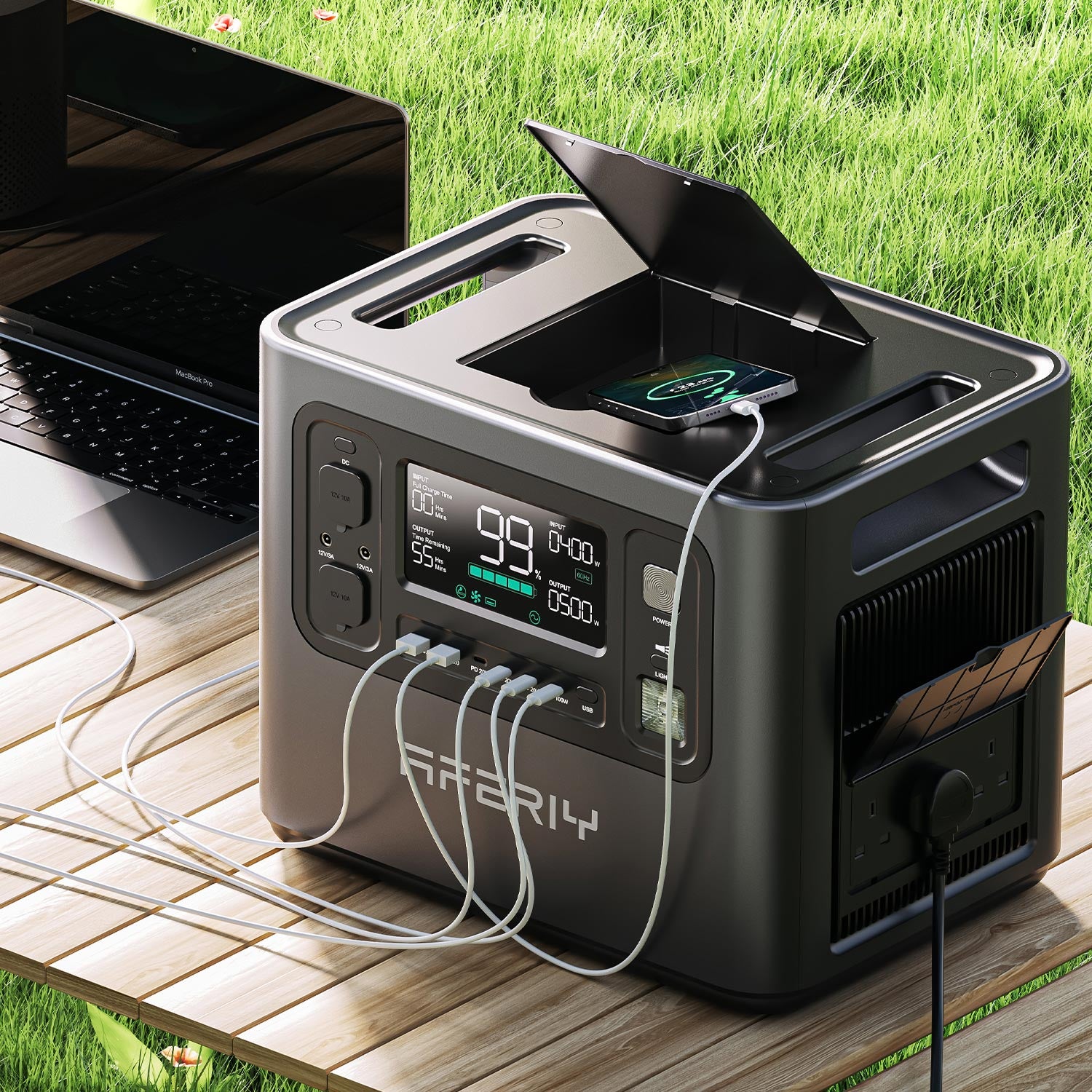
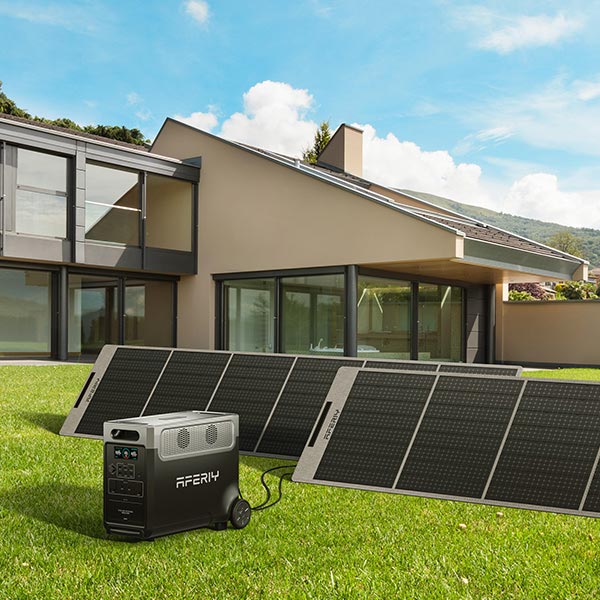

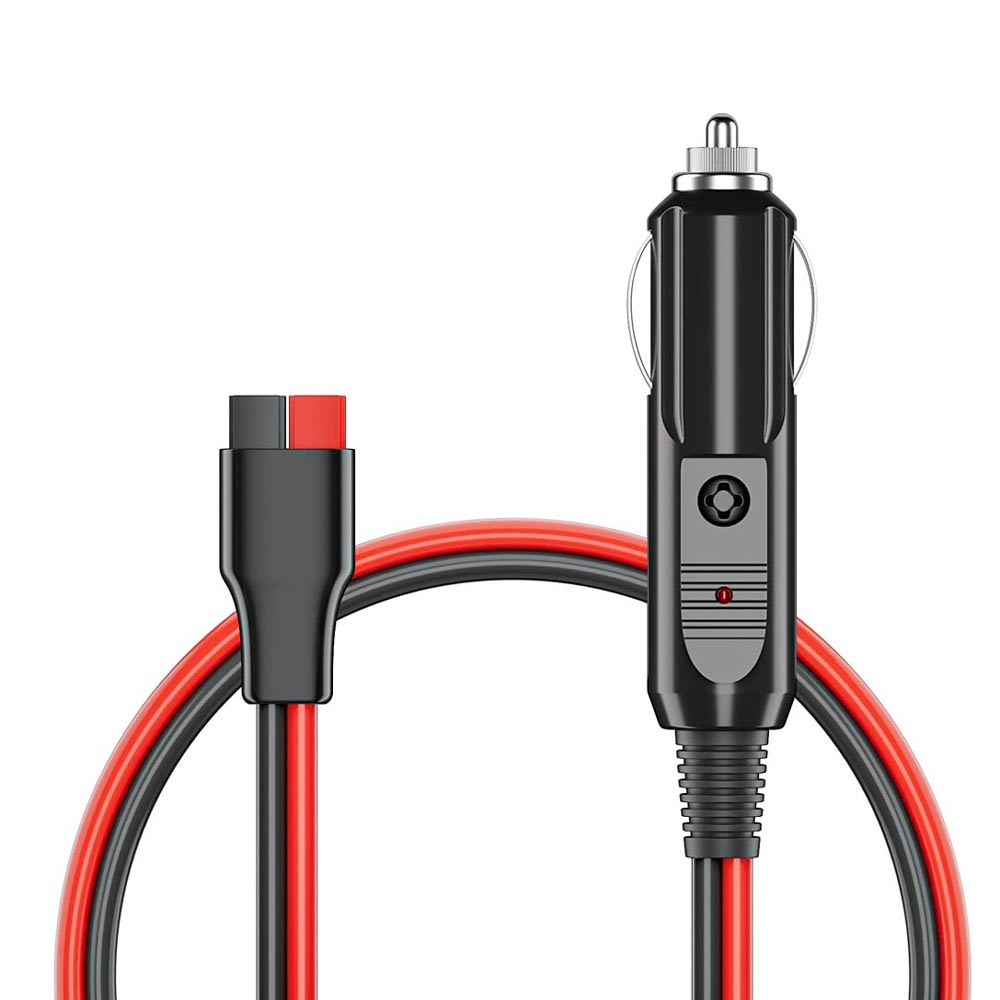
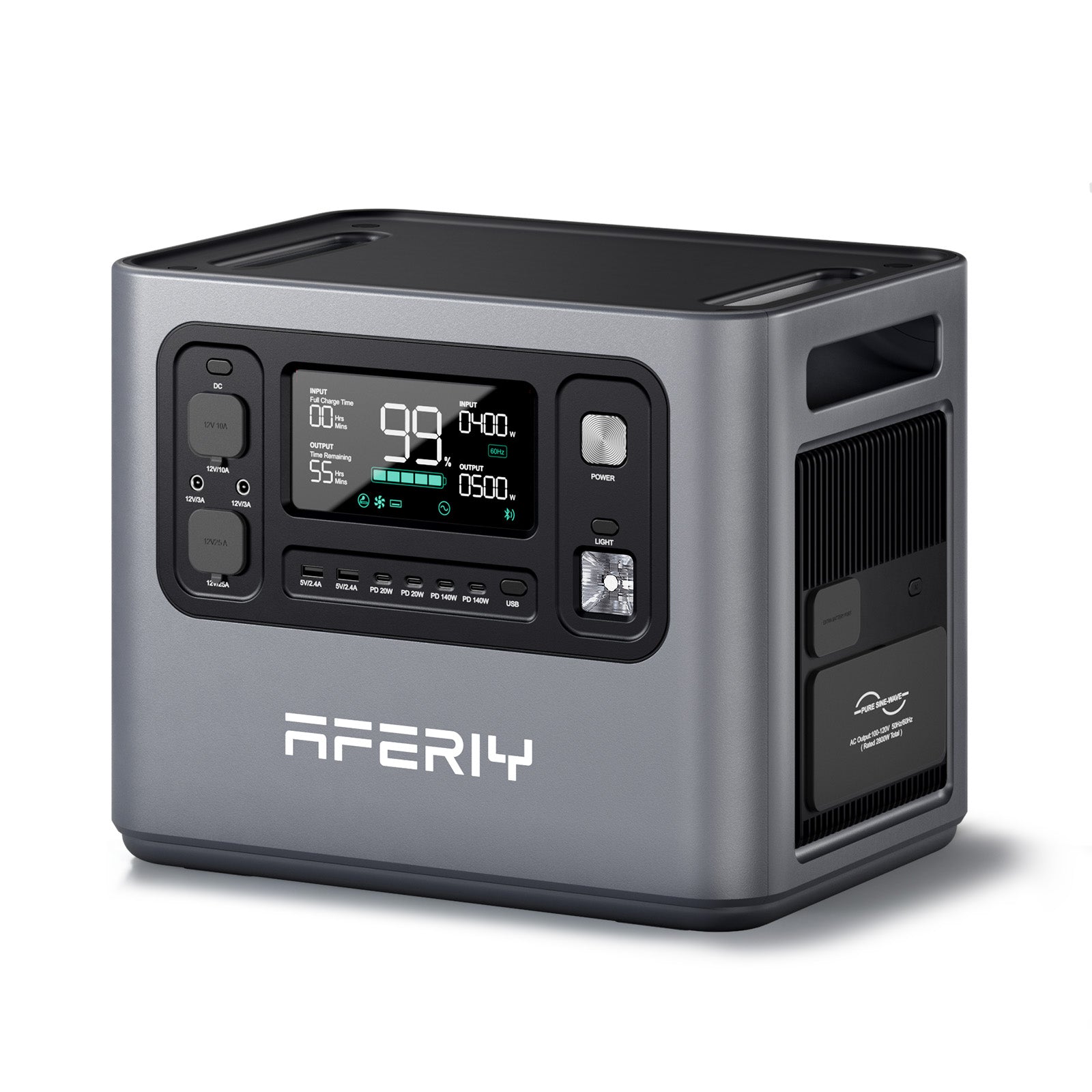
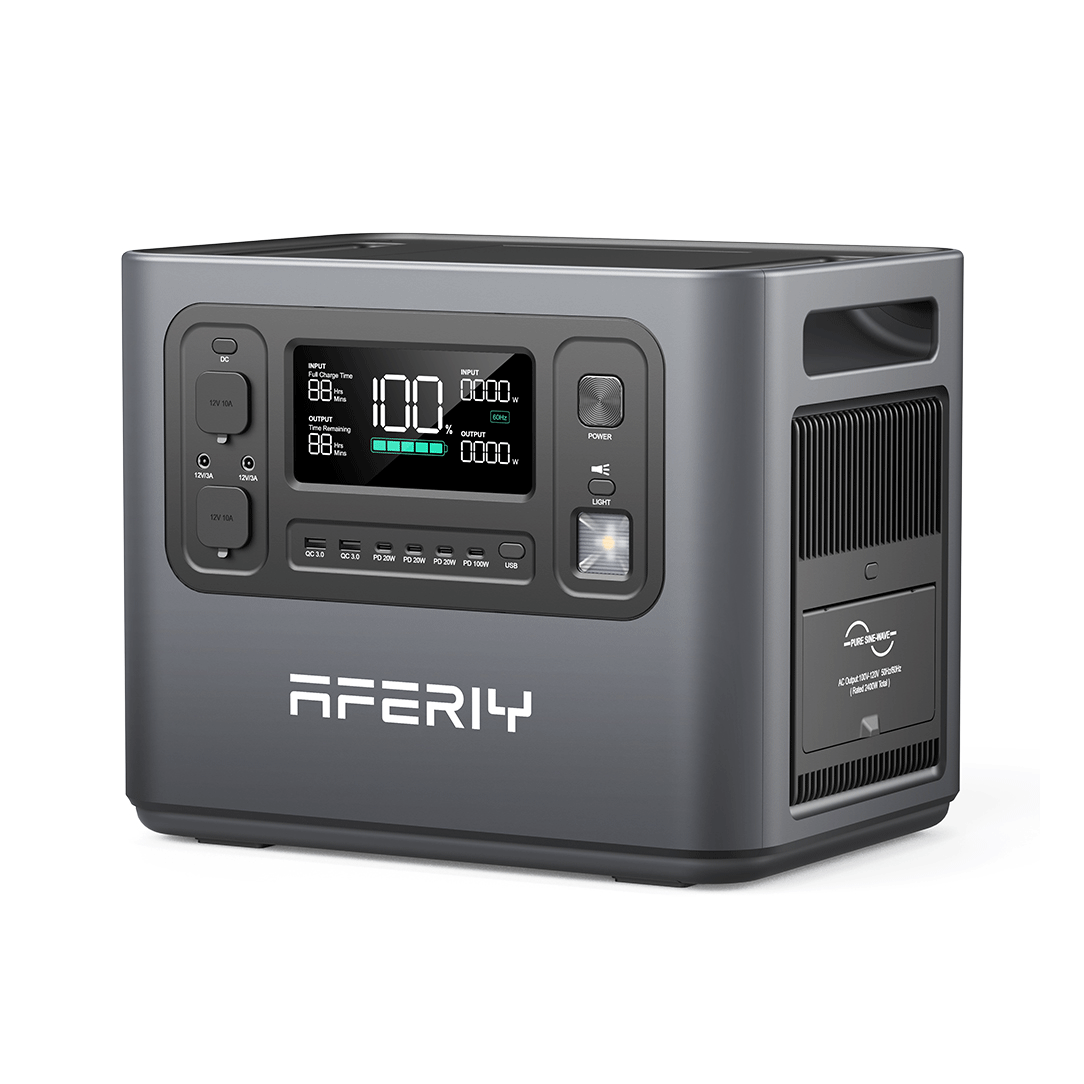
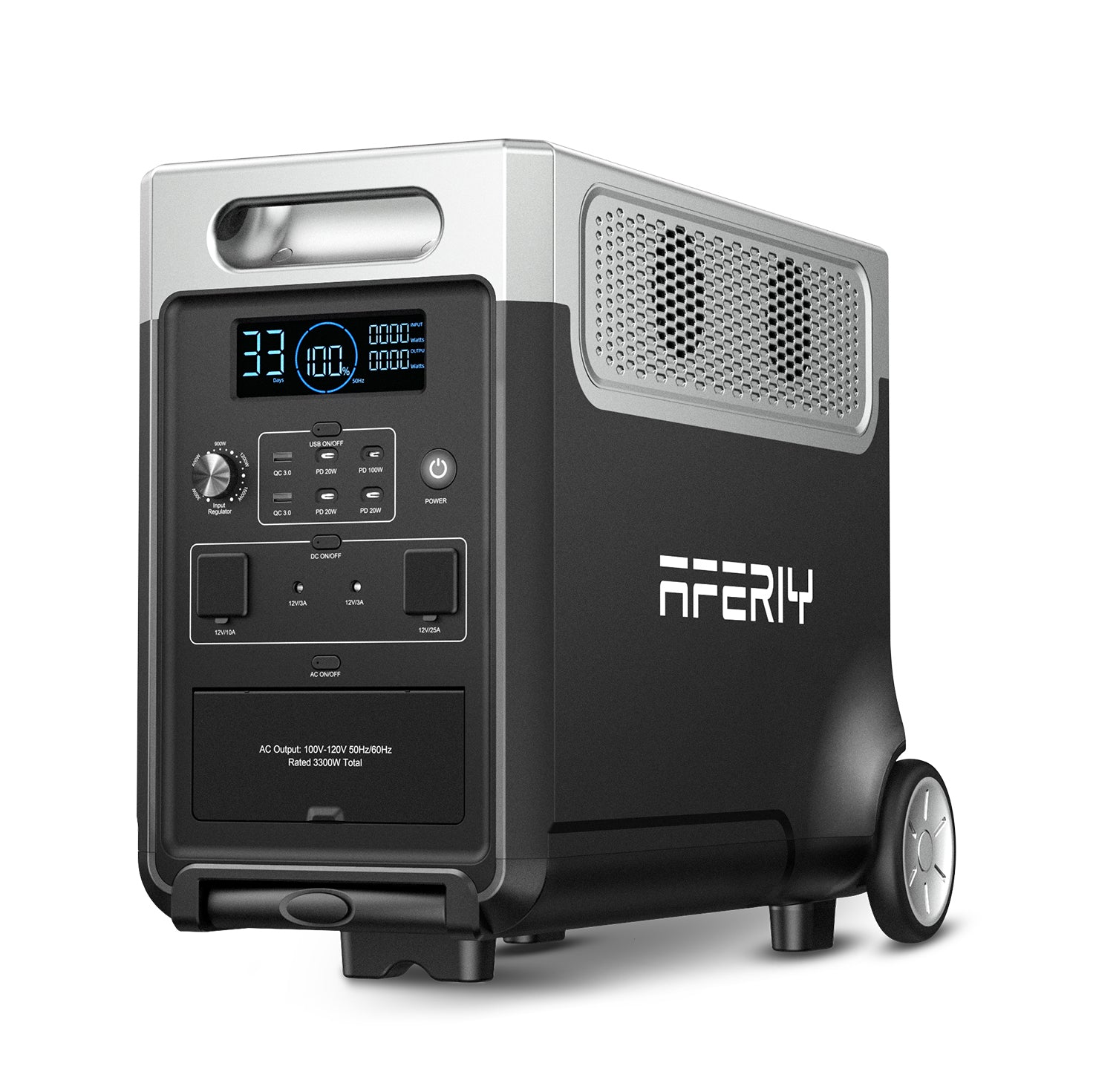
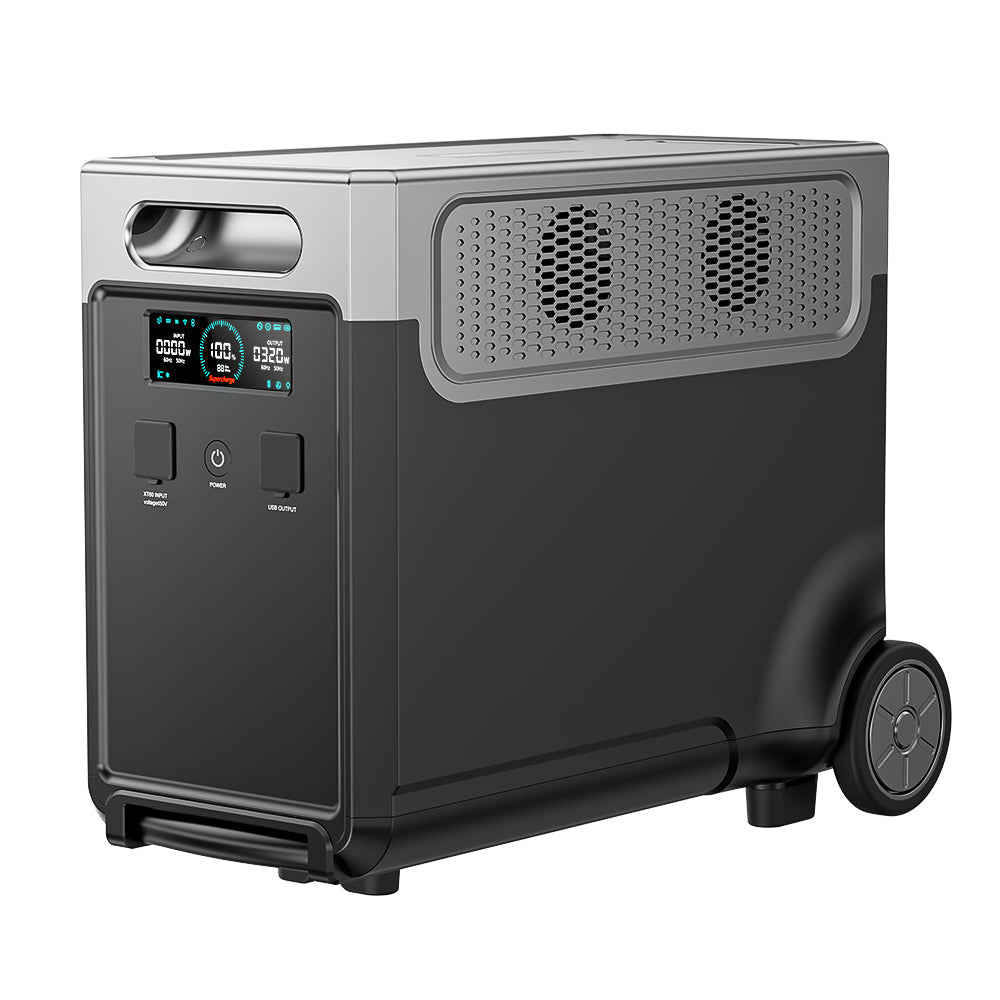
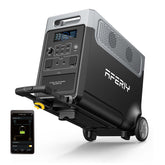
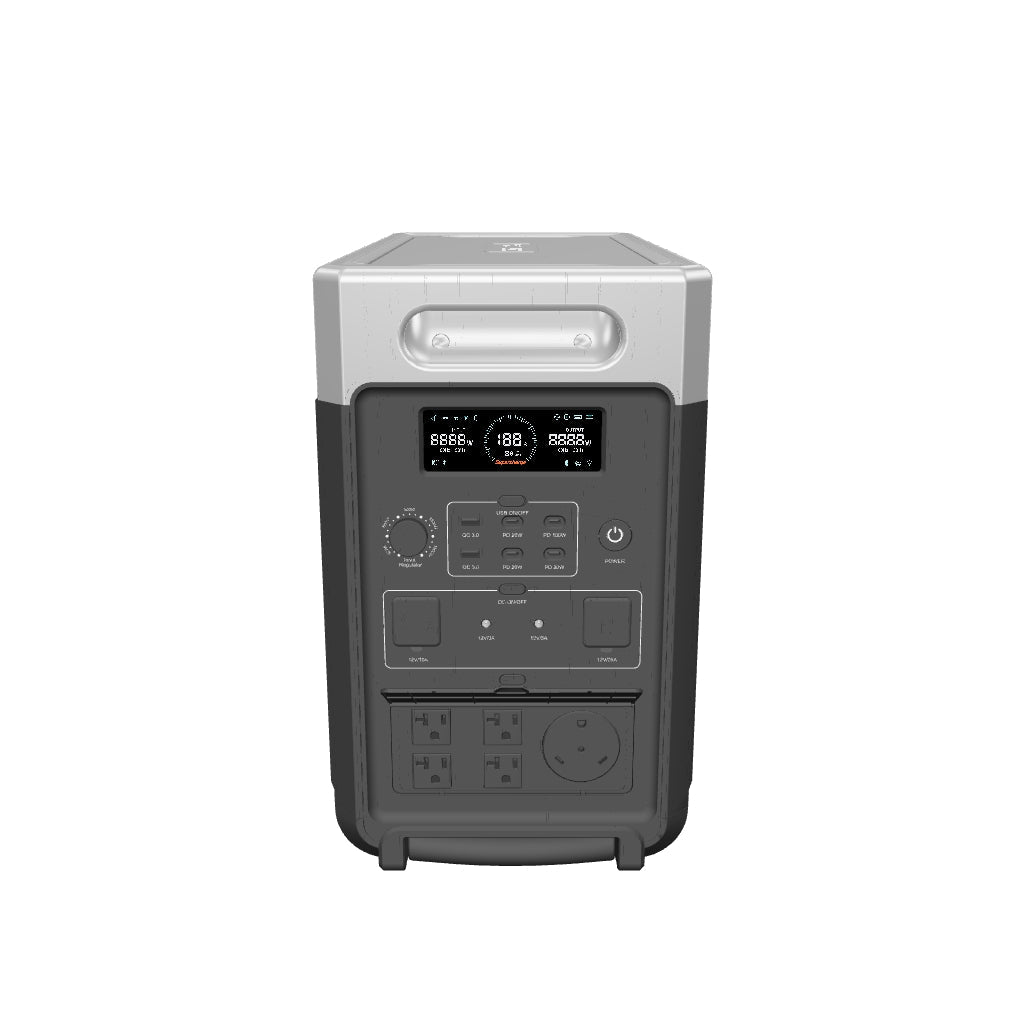
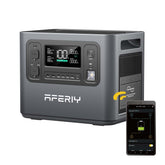
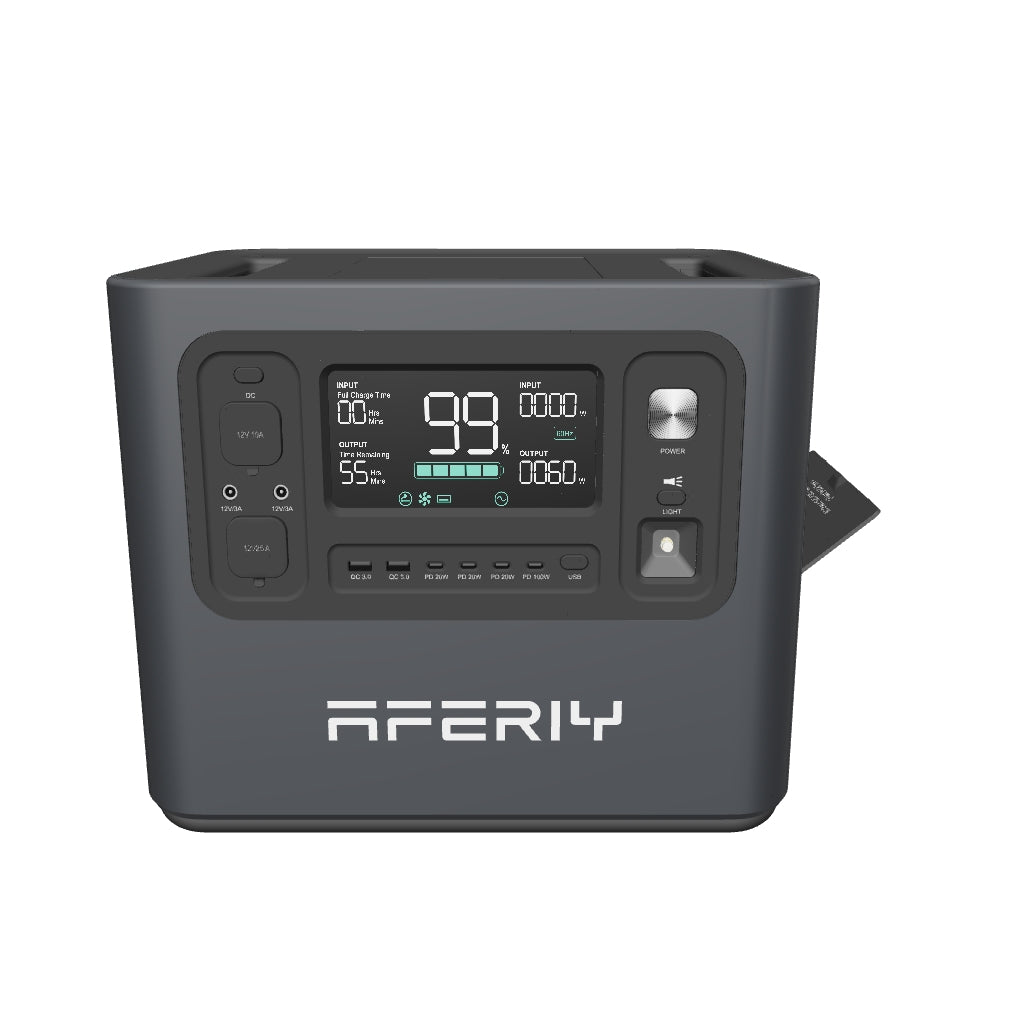
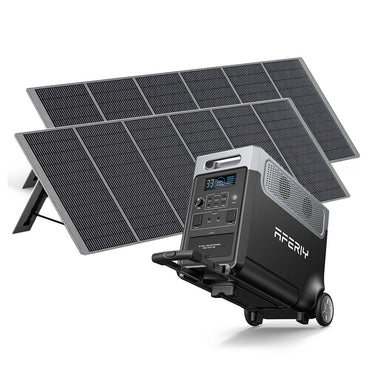
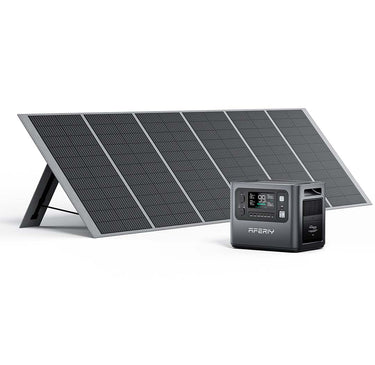
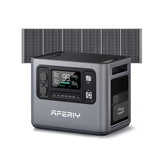

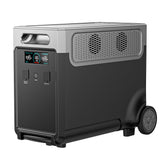

Leave a comment
Please note, comments need to be approved before they are published.